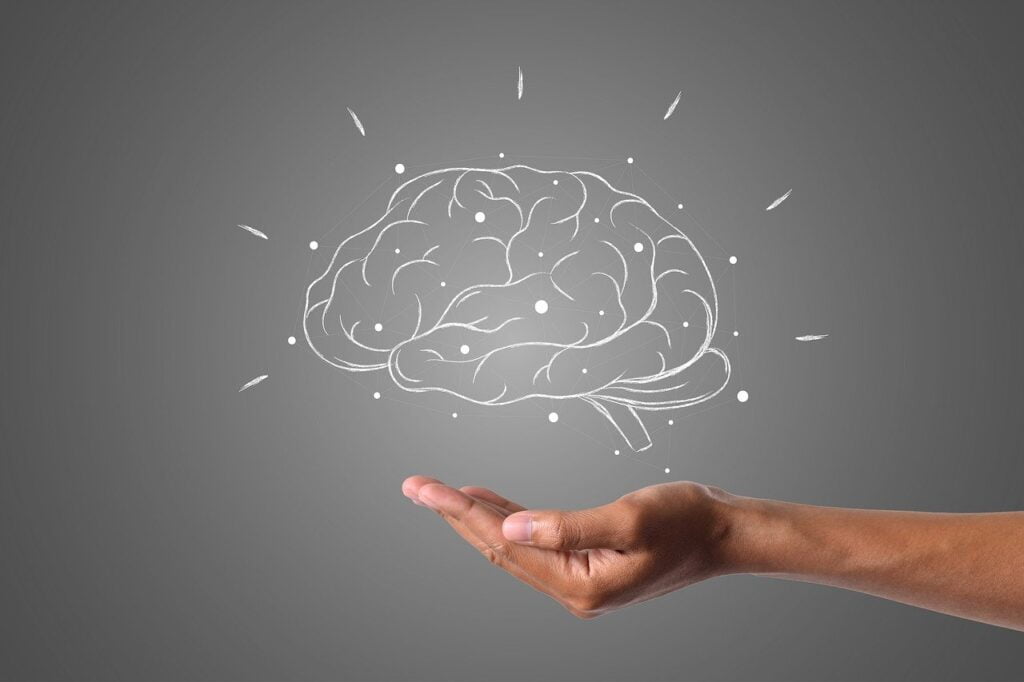- Home
- Types of Addiction
- Alcoholism and Alcohol Dependency
- Causes of Alcoholism
Causes of Alcoholism
Each person’s experience of alcoholism is different, reflecting the countless underlying causes of the addiction and every individual’s unique personality.
In recognition of this, alcoholism has a broad definition.
Alcoholism is currently defined by the presence of uncontrollable cravings and impulses for alcohol.
This can lead to a dependence on the substance, which is categorised as an inability to go about your daily activities without alcohol consumption.
This can be completely debilitating for many people, causing significant amounts of damage to your professional and personal relationships, mental well-being and physical health.
Sometimes, alcoholism will be diagnosed alongside another mental health condition, such as depression or anxiety, and this can lead to a complex road of recovery.
Nevertheless, recovery from alcoholism is vital, as the condition can reduce your overall life expectancy, while causing serious concern to those around you.
Understanding The Causes Of Alcoholism

In order to treat and recover from alcoholism, it is important that you understand its causes, and why the addiction developed in the first place.
Without this understanding, it can be hard to prevent the addiction resurfacing in the future as you expose yourself to triggers again.
The causes of alcoholism can be generally split into two separate categories (though there is some overlap): genetic causes and environmental causes.
The Genetic Causes Of Alcoholism

There is a common misconception that alcoholism can be hereditary.
This misconception exists for an understandable reason.
Many people with alcoholism also have parents, siblings, or other family members who either have alcoholism or had alcoholism in the past.
This makes it seem like alcoholism can be inherited, and while there are some genetic factors behind alcoholism, it isn’t quite that simple.
Alcoholism as a condition can’t be inherited, but some people have genes which make them more susceptible to the impact of alcohol, and therefore more likely to develop alcoholism.

One of these genes is the ADH1B gene, and people who carry this gene have a higher chance of experiencing an addiction to alcoholism at some point in their lives.
On the other hand, there are plenty of people who have family members who are alcoholics who go on to live a life free of alcohol addiction.
This is because, ultimately, alcoholism is a result of your actions and decisions.
If you always consume alcohol infrequently and in small amounts, or even not at all, you only have a marginal chance of developing an addiction.
However, when the people who are genetically vulnerable to alcoholism do consume the substance in excessive amounts, this often leads to an unhealthy relationship and alcohol.
Therefore, while you can’t inherit alcoholism, your genetics and family history can make you more vulnerable to addiction.
The Environmental Causes Of Alcoholism

In addition to a genetic vulnerability to alcohol addiction, plenty of alcoholics experience their addiction due to environmental causes.
An environmental cause of alcoholism refers to the community level or social causes which impact the development of the addiction.
Some of those causes will be examined below:
Stress: Alcohol is widely known to be a substance that can reduce stress and anxiety in the short term, due to its classification as a depressant rather than a stimulant.
Thanks to this, many people, including non-alcoholics, use alcohol as a way to relax.
If you’ve had a stressful day, or are dealing with a stressful period in your life, you may find that the consumption of alcohol forms part of your relaxation routine.
Unfortunately, this often develops into a dependency on the substance where it is used as a crutch to push away feelings of stress and get through life.
For this reason, stress is a major environmental cause of alcoholism which is worth bearing in mind, especially if you have a family history of addiction to alcohol or other substances.
Trauma

Trauma takes many forms and can be the result of a wide range of experiences.
Common forms of trauma are caused by early childhood experiences, like physical, sexual, or mental abuse.
Even as an adult these experiences can stay with you and cause a great deal of discomfort, pain and anxiety.
Trauma is known to resurface when you become exposed to triggers; for example, if you lived in an abusive household as a child and you are reminded of this by something that happens in your daily life, you can experience severe anxiety and stress.
Living with this trauma can also begin to result in feelings of depression, or anxiety more generally.

It isn’t uncommon for people with trauma to ‘self-medicate’ with alcohol.
Alcohol can help to alleviate stress for a short while, and it can dull feelings of pain and uncomfortable emotions.
Therefore, like with stress, alcohol can quickly become an unhealthy support mechanism, used to get through even normal activities in your life.
Seeking professional help from a therapist is the best way to move on from trauma, eliminating the need to cope with the misuse of alcohol.
Social Pressure

Drinking is a common social activity, and you’ll often find that your social circle is inviting you to join them for drinks at a bar, pub, or restaurant.
Even when you’re not out, if you have some friends around there will often be alcoholic drinks on offer underpinning the event.
Due to this, there can be serious social pressure to drink and consume alcohol, even if you don’t particularly want to.
As you drink more and more, you will develop a tolerance to alcohol, meaning that you will need to consume higher amounts of the substance to achieve the same effect.
This can often be the beginning of a dependency, especially when it is just assumed that social occasions will come with alcohol.
To avoid this social pressure to drink alcohol, you can organise social activities where it won’t be possible to drink, or you can turn to the increasingly impressive range of non-alcoholic beers, cocktails, ciders and other drinks on offer.
This way you can feel like you’re involved without actually drinking alcohol, and this will have its own positive benefits.
Early Age Drinking

People who begin drinking at an early age are more likely to develop an addiction to alcohol down the line.
The earlier you begin drinking, especially if you start under the age of 15, increases the chances that you will go on to develop a dangerous relationship with the substance in the future.
In most instances, alcohol begins in the late teens, peaks in the twenties, and begins to slow down as you get past thirty.
However, evidence shows that people who started drinking earlier on in their life continue drinking higher amounts for longer.
This can threaten your long-term health, in addition to increasing the risk of alcoholism.
Alcoholism Risk Factors

In addition to the various underlying causes of alcoholism, there is also a range of risk factors that you should take into account as you reflect on your relationship with alcohol.
These includes:
- Low self-esteem and self-worth
- The presence of a mental health condition like depression, anxiety, schizophrenia or bipolar disorder
- Binge drinking
- Regularly consuming more than 14 units a week
Causes Of Alcoholism Overview

Alcoholism is commonly the result of either genetic causes or environmental causes, and often a little of both.
Understanding the cause of alcoholism can help you to avoid addiction in the future, or help you to begin your journey to break it.
Several risk factors also impact the cause of alcoholism and make addiction more likely.
If you believe that you or someone you love is at risk of developing alcoholism, reach out to our support team today.
With the right help behind you, no addiction is too big to beat.


